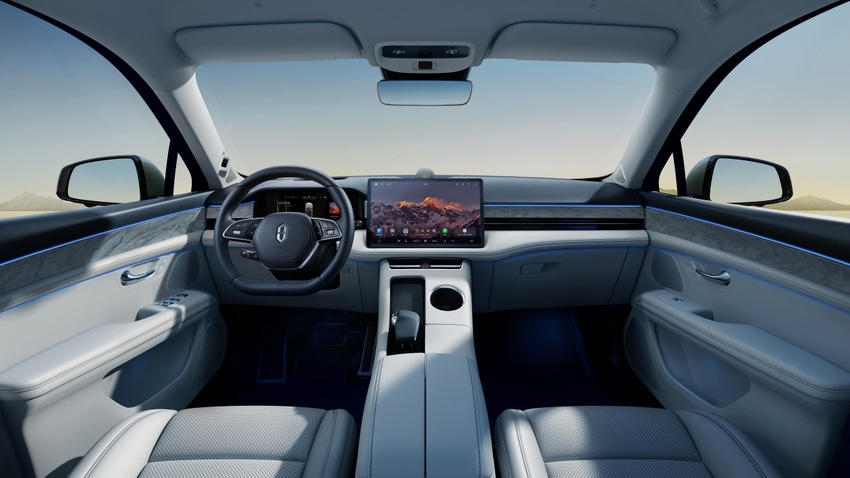Xiaomi and Huawei go head-to-head in EVs
Tech heavyweights become rivals in huge but over-supplied China auto market.

Apple might have dropped its ambitious EV plans, but in China the battle between Huawei and Xiaomi has only just begun.
Smartphone maker Xiaomi has shipped its first vehicle, the SU7, just three years after entering the market with a $10 billion war chest. By the time it began delivering new vehicles to their owners Wednesday, it said it had received more than 100,00 orders for the car, priced from $30,000.
Xiaomi, the world's number-three smartphone brand, partnered with the giant BAIC auto group for vehicle engineering and manufacture. CEO Lei Jun says the company's 130 billion Chinese yuan (US$18 billion) cash pile will help it weather the steep price-cutting in the already over-supplied market.
While Xiaomi was making news, Huawei was generating some headlines of its own, announcing the delivery of the first jointly developed car with Chery, overcoming production problems that had plagued the project. The mid-range vehicle is expected to be a competitor to the SU7.
Richard Yu, the head of Huawei's smart-car business, recently said he expected it would turn a profit this year, despite a loss of RMB6 billion ($834 million) last year.
Apple's over-reach
Certainly, Huawei has big expectations for the Aito series that it has built in partnership with small auto maker Seres.
Aito has topped the sales charts among EV challenger brands in China in each of the first three months of the year, shipping 31,727 units in March. Huawei and Seres are reportedly targeting full-year sales of 600,000, ten times last year's tally.
So how have these Chinese tech firms succeeded, so far, where Apple failed?
The answer is Apple's overreach. The US giant was not just planning an EV. Its Project Titan aimed to create the world's first fully autonomous high-end vehicle, a huge stretch for any company.
As Morgan Stanley analysts pointed out, after a decade of research Apple was still without a product, while another 200 companies were working on EVs and autonomous vehicles and 20 were already shipping more than 10,000 units a year.
Of course, Huawei and Xiaomi are not just competing against each other. They are in the most fiercely competitive and advanced EV market in the world.
The leaders are Tesla, which has just reclaimed its crown as the China market leader, and BYD. Tesla shipped 386,810 units in the first quarter, down 8.5% from a year ago, while BYD's sales of 300,114 were up 13% over last year but 43% below the December quarter.
But demand is softening, with sales expected to slow for a second successive year on the weak domestic outlook, while the number of competitors is growing.
Despite that, analysts suggest both Huawei and Xiaomi are well positioned to survive thanks to their strong brands, loyal customers and financial depth, as well as the presence of their familiar smartphone OS in the dashboard.
About the Author(s)
You May Also Like












